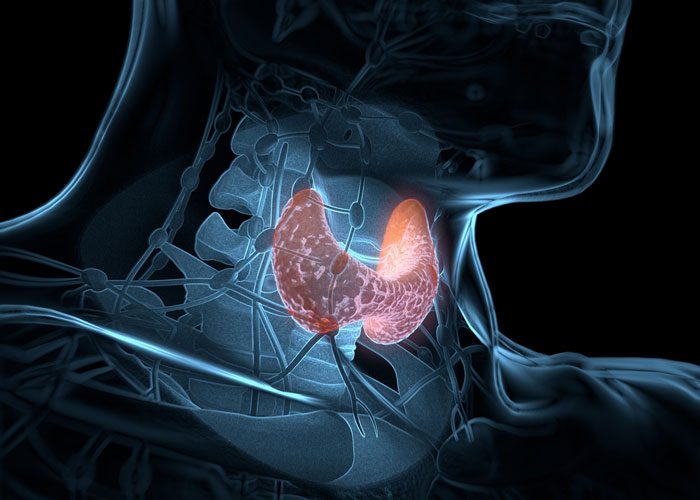FT4 hormone levels associated with coronary artery disease and death
Posted: 31 October 2017 | Dr Zara Kassam (Drug Target Review) | No comments yet
Researchers have indicated that high levels of a thyroid hormone FT4, are associated with coronary artery disease…

New research indicates high and high-normal levels of a thyroid hormone called FT4, were associated with artery disease and death in elderly and middle-aged people.
Researchers analysed data from 9,420 participants (average age 65, 57 percent women) looking at data on two types of hormones: thyroid-stimulating hormone and free thyroxine (known as FT4) and their link to atherosclerosis and death due to coronary heart disease, cerebrovascular disease or other artery-related illness.
FT4 is a hormone produced by the thyroid gland that helps control the rate at which the body uses energy.
Atherosclerosis is the process of progressive thickening and hardening of the walls of arteries from fat deposits on their inner lining. Researchers determined asymptomatic atherosclerosis by measuring coronary artery calcification.
After a median follow-up of 8.8 years, researchers noted 612 atherosclerosis-related cardiovascular deaths and 934 first-time atherosclerosis-related cardiovascular events. Increasing FT4 levels were associated with:
- Twice the odds of having high levels of coronary artery calcification scores – which may be an indicator of subclinical atherosclerosis;
- 87 percent greater risk of suffering an atherosclerosis-related cardiovascular event; and
- Double the risk of atherosclerosis-related cardiovascular death.
“We expected that thyroid function would influence the risk of developing atherosclerosis by affecting cardiovascular risk factors such as blood pressure. However, our results remained very similar after accounting for several cardiovascular risk factors,” said lead study author Dr Arjola Bano, a researcher in internal medicine and epidemiology at Erasmus University in Rotterdam, the Netherlands. “This suggests that mechanisms other than traditional cardiovascular risk factors may play a role.
“Our findings suggest that thyroid hormone FT4 measurement can help identify individuals at increased risk of atherosclerosis.”
The study is believed to be the first population-based study investigating the relationship of thyroid function with atherosclerosis from subclinical atherosclerosis to overt disease and death.
Authors note that the study did not measure thyroid hormone levels over time and included mainly white middle-aged adults so the results may not be generalised to other populations.
“Future studies should clarify the exact mechanisms that can explain the link between thyroid function and atherosclerosis. This could help to identify potential targets for future preventative strategies,” Bano said.
The research has been published in Circulation Research, an American Heart Association journal.
Related topics
Protein, Proteomics, Research & Development
Related conditions
Coronary artery disease
Related organisations
Erasmus University
Related people
Dr Arjola Bano






